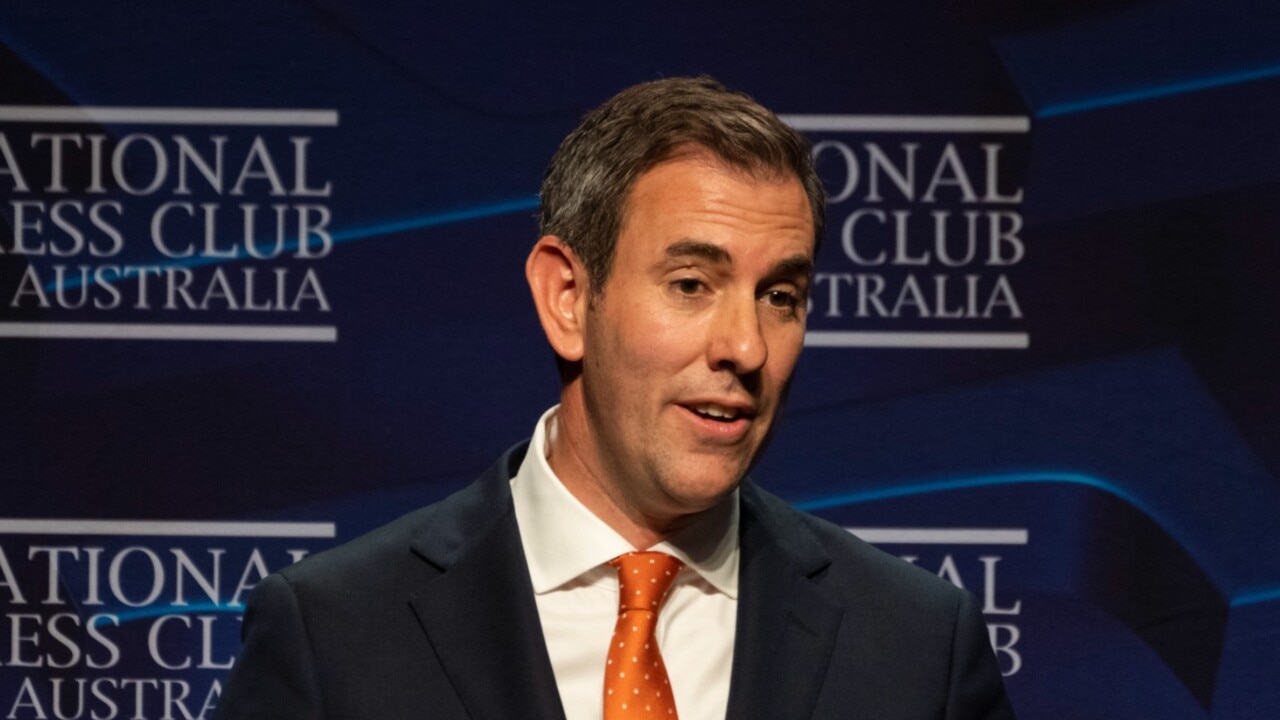
The problem is that Lowe is doing what we should hope his eventual successor would also do in the same situation.
Yet only last Tuesday in the Senate, Greens Treasury spokesman Nick McKim – owner of six properties – said Labor Treasurer Jim Chalmers needed to overrule the RBA on its next interest rate rise. “That is what a genuinely progressive government would be doing,” McKim said.
The Greens MP doesn’t get how damaging inflation can be for the people he is no doubt thinking of in his plea for more progressive policies. McKim claimed earlier that “the modern Labor Party has given up on economic justice because they are in the thrall of corporate power”.
If only Labor was just a bit “in thrall” of corporate power. We might not have the inflationary, big-government policy prescriptions that Chalmers and Anthony Albanese are inflicting on Australia, while claiming to emulate the economic reforms of the Hawke-Keating era.
Think deliberately shutting down reliable fossil-fuel power generation. This has given us a competitive advantage against the rest of the world. And export income from coal, gas and uranium is being used for Labor’s pet projects, such as topping up the wages of private sector workers in aged care.
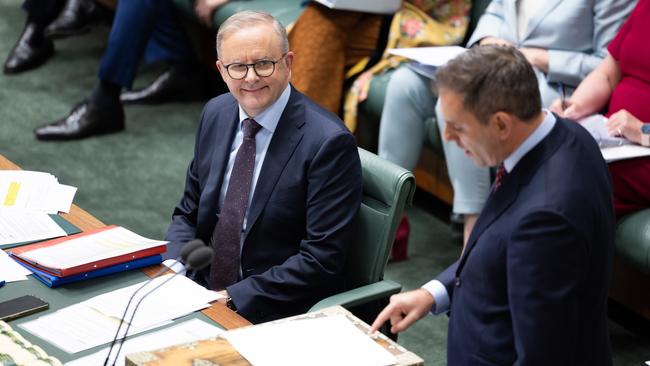
Reflect on last year’s election campaign promises by Albanese and current Industrial Relations Minister Tony Burke – that only a Labor government could get real wages moving.
The Fair Work Australia judgment on June 2, which lifted the national minimum wage 8.6 per cent and award wages 5.75 per cent, certainly is getting things moving.
Labor is bowing to big union power rather than big companies. Having watched the reforms of the Hawke and Keating governments deliver 30 years of uninterrupted growth and 20 years of strong productivity improvements, modern Labor has only noticed the decline of the trade union membership that funds the political wing of the labour movement.
With private sector union membership at historic lows of 8 per cent, Albanese is not following the deregulation of Labor’s reform era but is re-regulating the labour market. Hence the return to pattern bargaining last year and the latest ‘‘same job, same pay’’ legislation that aims to peg back the rise of non-union labour hire companies.
The Treasurer is seeking to hobble the RBA and the Productivity Commission – the independent economic institutions that have ensured our prosperity.
A close look at Insiders on the ABC on June 11 shows how uninterested some of our senior journalists are in economic reform. Guardian Australia editor Lenore Taylor denied wages were pushing inflation higher and only seemed to care that people were not happy with higher mortgage rates.
The AFR’s senior correspondent Jacob Greber started the show with a commonsense assessment: Lowe had no alternative but to lift rates the previous week in the face of Fair Work’s wages decisions.
Taylor had a different take: “I guess if you are looking at it from the government’s point of view a wage rise of that amount will give struggling families – struggling with the interest rates that are being put up by the Reserve Bank – some hope of existing, eating. That kind of existential pressure is going to weigh more heavily in the minds of the government than in the minds of the RBA.”
Really? An existential threat to families with mortgage rates on 6 per cent, a level not too dissimilar to where they were before the pandemic?
Some journalists have argued interest rates need not be the only way to attack inflation.
As Ross Gittins pointed out in the Nine papers on February 12, there could be reasons to support changes to the use of monetary policy to control growth. But voters would have to believe politicians could be trusted to use fiscal policy – taxes – wisely for the national economic interest rather than venally for their own political self-interest.
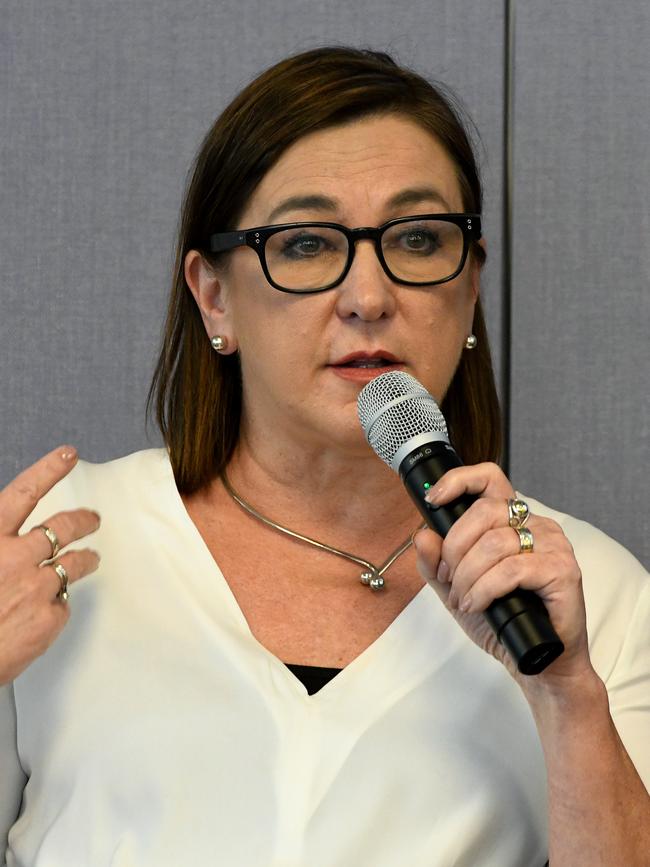
That is, governments could increase and reduce taxes as inflation demanded. The effects of policy would be more widely shared than just by the mortgage holders.
Like many journalists of the Left, Taylor was keen to point out the OECD had found high corporate profits were contributing to inflation. But the report said more than that. Nine newspapers’ economics writer Shane Wright on June 7 reported the OECD actually found company profits stimulated inflation in the March quarter last year but “the December quarter inflation result was almost split between profits and labour as commodity prices eased and wages growth started to lift”.
Chalmers’ contempt for the PC has been obvious since he failed to invite it to the government’s summit with business and the unions last September. Chalmers and Labor do not like hearing about productivity from the RBA let alone from a body like the PC that Labor regards as hardline reformist.
Just as much of the media in 2010 remained under the spell of Labor PM Kevin Rudd and could not assess his leadership in the face of polling that showed he remained popular, most political journalists today are unable to see the traps Albanese and Chalmers have set for themselves. They have a raft of policies that will boost inflation and make a recession more likely.
The Australian’s Paul Kelly last Wednesday summed it up neatly: “Anthony Albanese boasts that Labor has ditched ‘the failed strategies of the last decade’. He says under Labor the economy is ‘breaking new ground’, Labor is pursuing a smarter and more strategic approach to productivity, and it understands the bigger economic transformation now under way.” Good luck with that.
Labor wants the best of both worlds, Kelly writes. “It wants inflation to be beaten while avoiding political damage to itself in the process. That’s too cute.”
Labor has been determined to learn the lessons of the failures of the Rudd-Gillard-Rudd era. It pitched itself as safe change last year, appearing to walk away from many of the ambitious plans of former opposition leader Bill Shorten who was rejected by voters in 2019. Yet it now seems to be creeping back to the Shorten manifesto.
It is taxing high superannuation balances, breaking an election promise. It is making changes to the treatment of franking credits and topping up the wages of private sector workers. Its position on renewables is more ambitious than the positions of most of our trading partners.
And it is now rejecting the independent arms of policy that kept Australia strong until the pandemic induced recession.
Labor also seems to have forgotten the lessons of the 1980s. That’s when state Labor governments in Victoria, South Australia and Western Australia wrecked their economies by trying to pick winners in their business sectors.
Federal Labor wants a hi-tech, digital future in which Australia is an energy superpower based on green hydrogen and renewable wind and solar power.
Never mind most of the technology does not exist yet and the merchant bankers spruiking it have their own financial interests in mind.
The AFR editorial of June 7 got it dead right. Our pathway “out of higher inflation, sub-par growth and a possible hard landing requires the … productivity agenda of tax, workplace and regulatory reform that both sides of politics have failed to progress for the past two decades”.





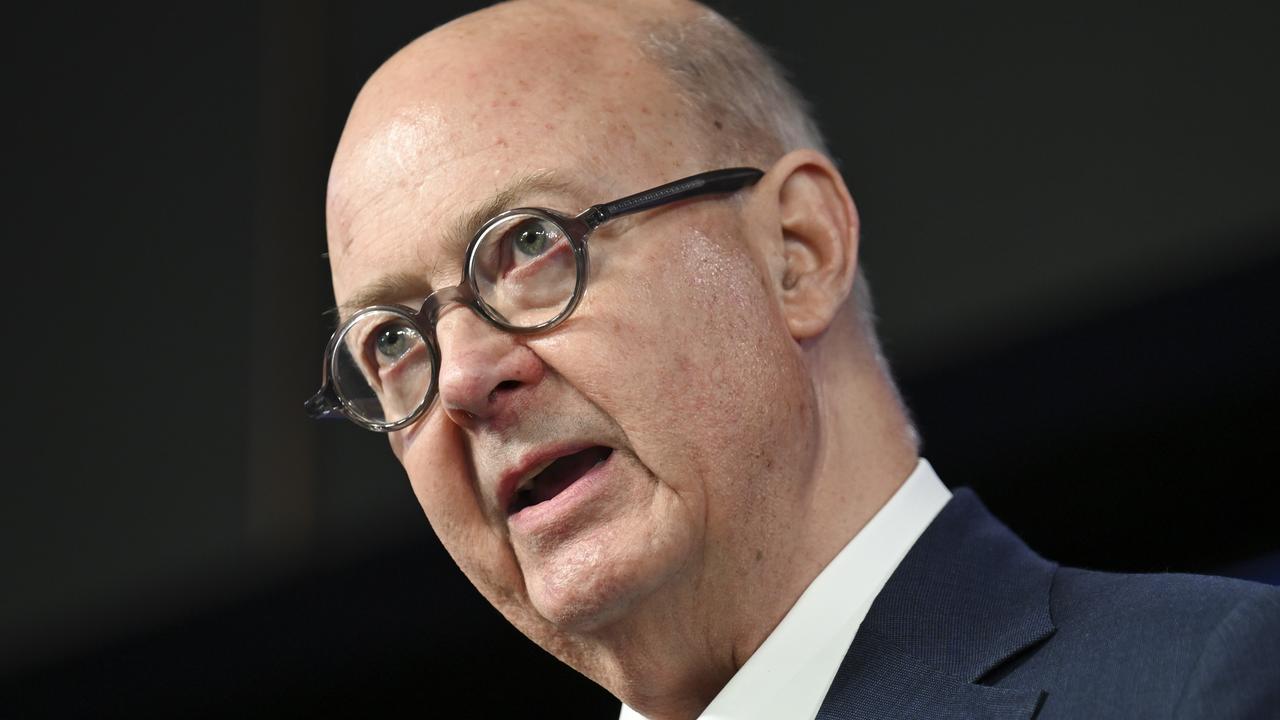
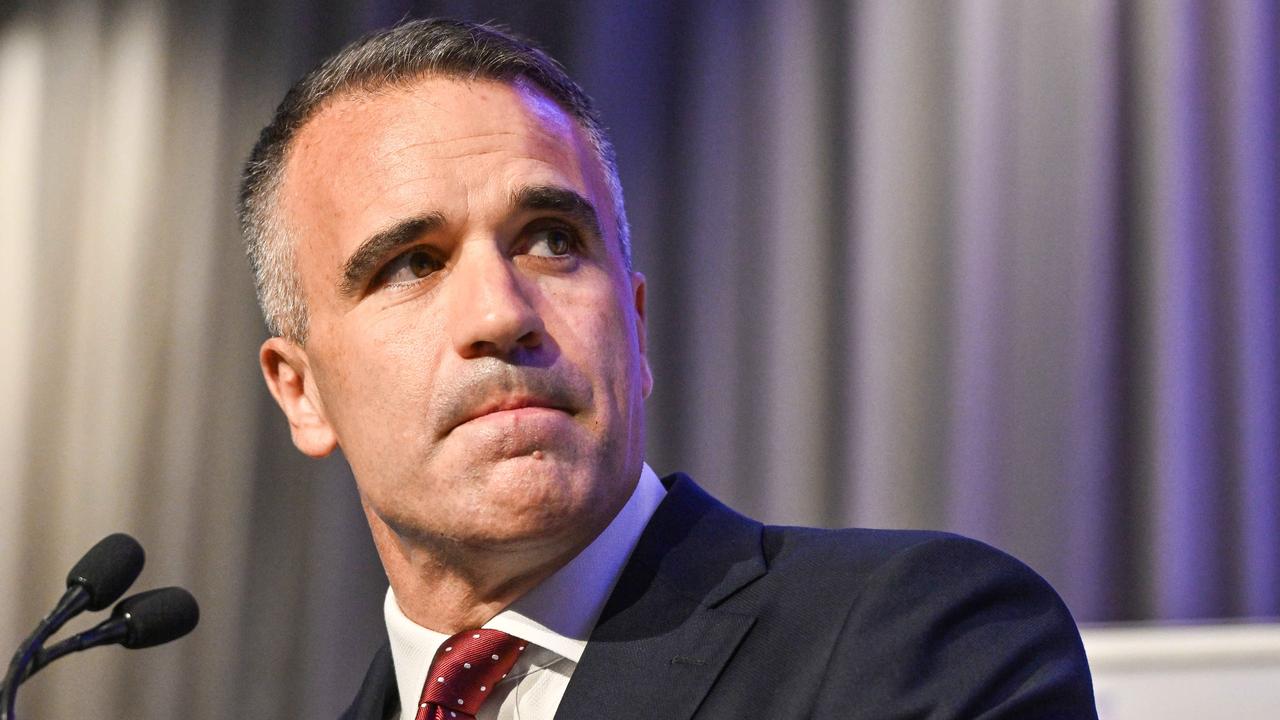
Borrowing from Paul Keating, every pet shop galah and most left-wing journalists now think the government needs to punt Reserve Bank governor Philip Lowe.